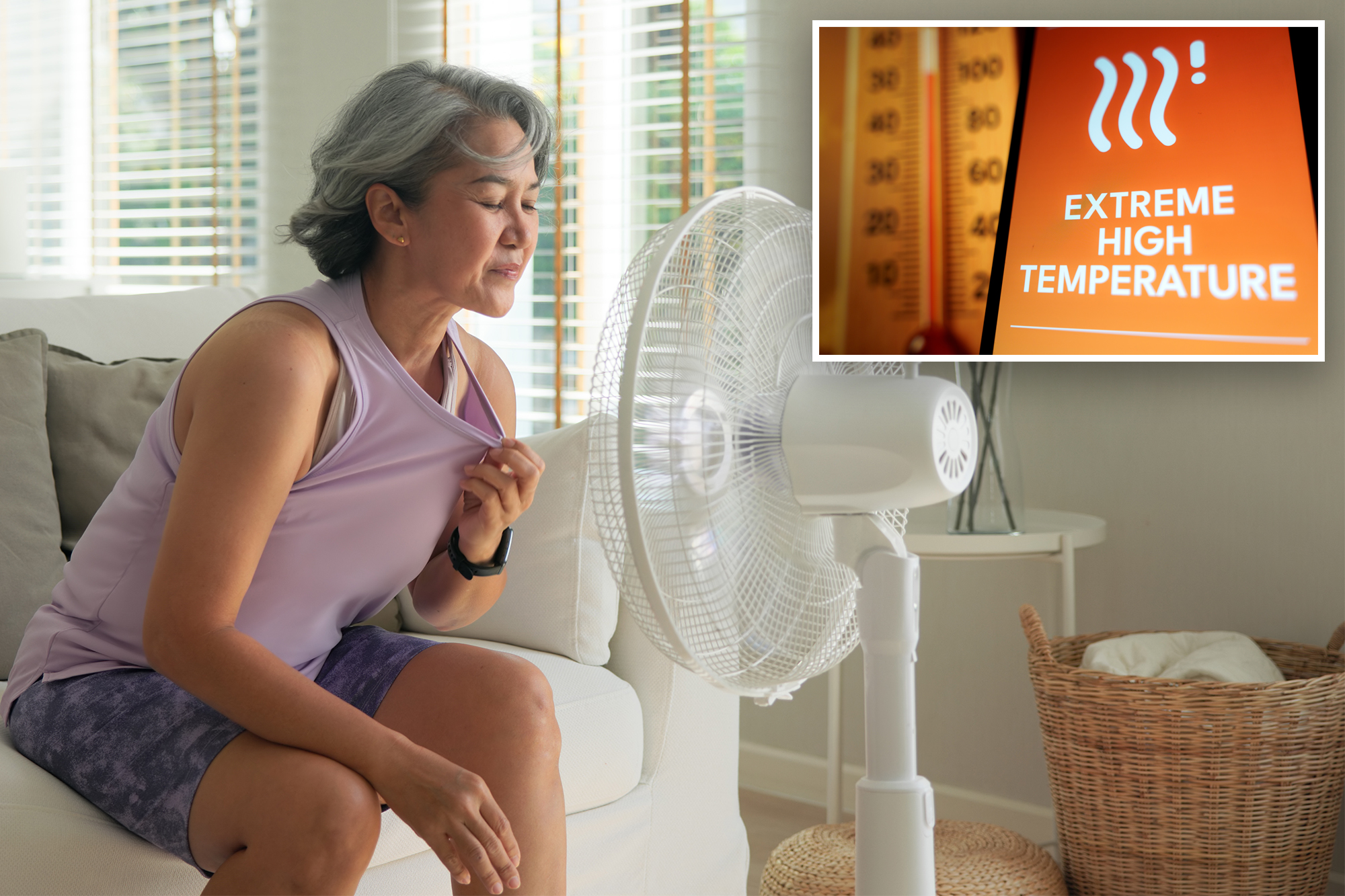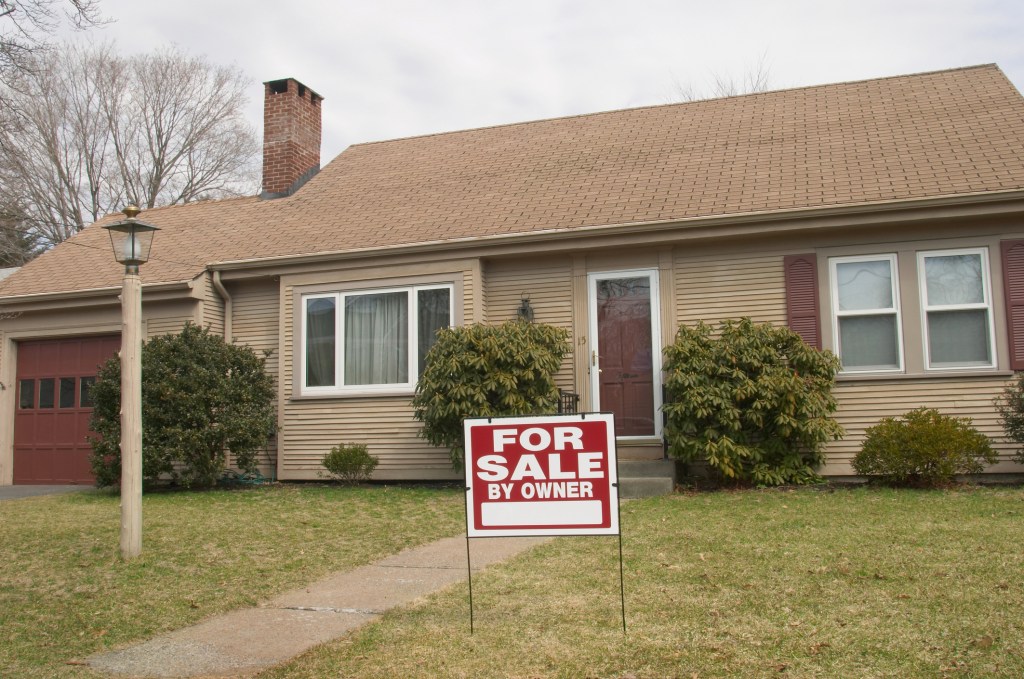T
he heat dome is here, affecting over 80 million people in the eastern half of the US. Temperatures are expected to reach the middle to upper 90s from Washington D.C. to Boston, and low 90s as far north as southern Maine, a whopping 10 degrees higher than usual for this time of year.
This extreme heat comes after a rare June heat wave broke records with temperatures putting millions at risk from the Midwest to the Northeast. On Saturday, June 21, nearly 20 extreme-weather records were broken in a single day, including in Mitchell, SD, where temperatures climbed to 104 degrees, shattering the city's previous record.
New York Governor Kathy Hochul declared a state of emergency in 32 counties across the state due to the extreme heat. The record highs in Central Park set during a heat wave in 1888 are poised to be toppled as the city heads into potential triple-digit temperature territory.
Extreme heat can cause significant damage to property, including melting or damaging roofing materials, dead landscaping that creates a higher risk of fire, and foundation problems due to soil shrinkage. Electrical systems and HVAC units should also be checked for strain on the system, which can lead to shorting out the unit.
To protect your home from extreme heat, consider upgrading to a smart thermostat, changing air filters regularly, and getting routine maintenance for your HVAC system. You can also make strategic moves at home, such as using blackout curtains, cooking with appliances that generate less heat, and running ceiling fans in conjunction with your AC.
Before summer arrives, take steps to "heatproof" your home by treating your roof with a heat-protectant coating or switching to light-colored roofing materials. Installing a continuous ventilation system in the attic can also help keep your house from trapping heat. Proper insulation can also help keep your house cool in the summer.
By increasing your home's energy efficiency and maintaining a cooler temperature, you'll not only be comfortable and safe but also save money on utility bills and prevent costly repair bills after extreme heat. Some states even offer tax credits or rebates for making heat mitigation upgrades to their homes.













